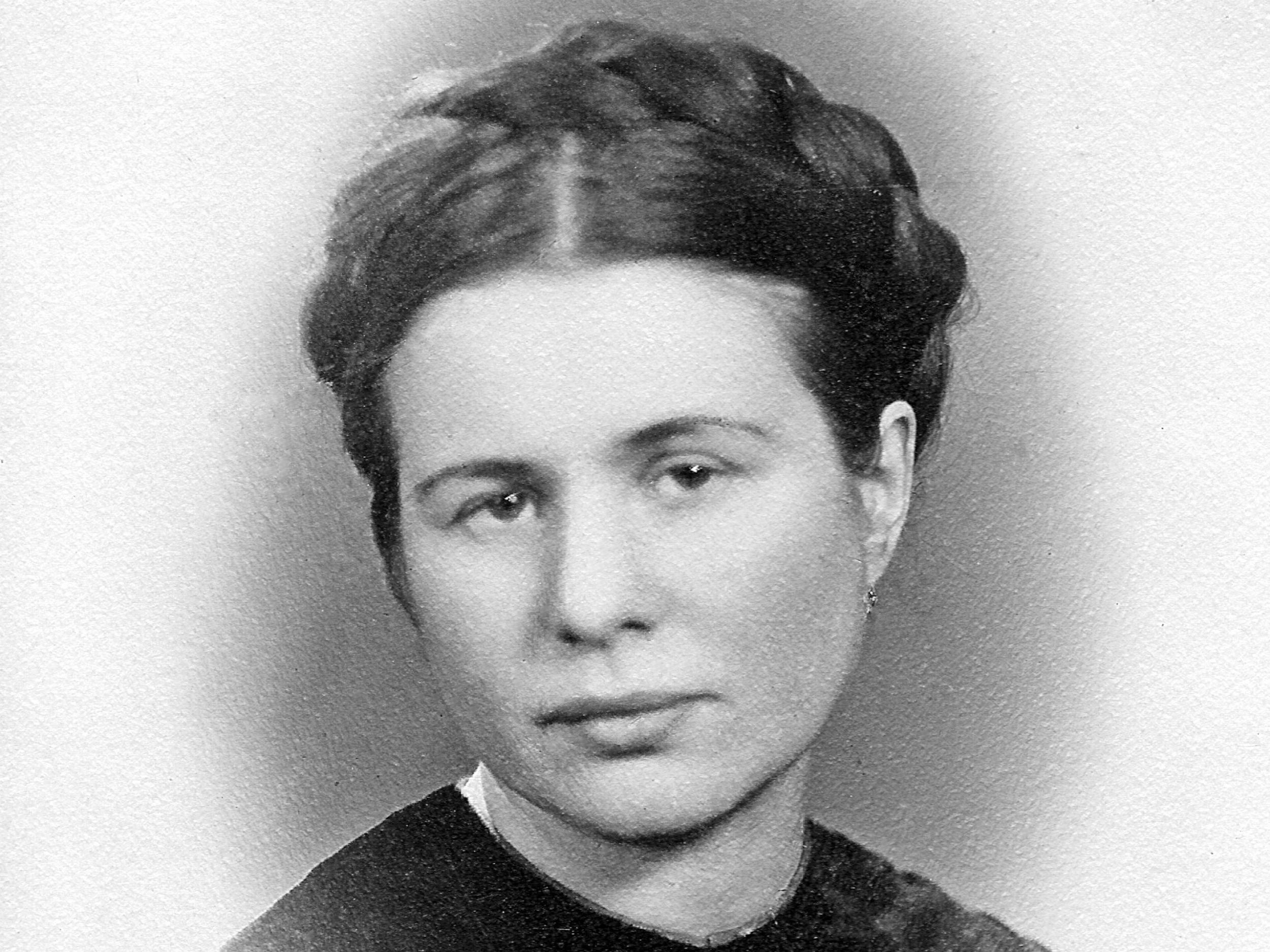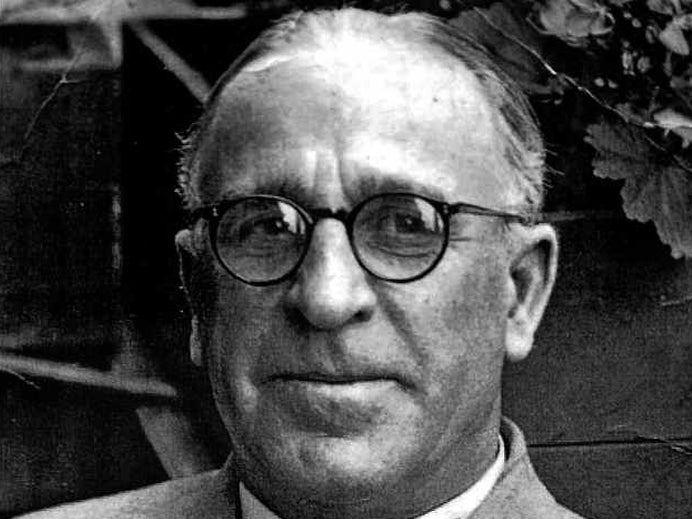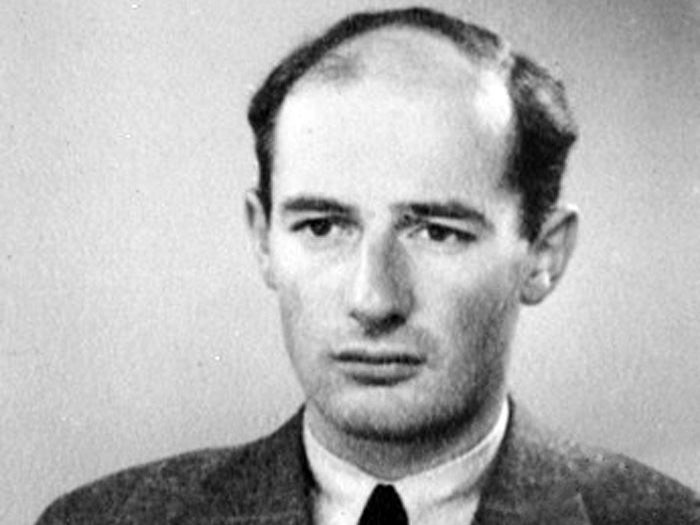Holocaust Memorial Day 2019: Three unsung heroes who helped Europe's Jews escape the Nazis
Oskar Schindler and Sir Nicholas Winton's efforts to save people have been well documented but they were by no means the only ones to risk their lives to save others
Every January on Holocaust Memorial Day, the world remembers the millions of people who were murdered at the hands of the Nazis during the Second World War.
Observed on 27 January each year, the day itself marks the anniversary of the Red Army’s liberation of Auschwitz in 1945.
What was uncovered on that bitter winter morning shook the world.
Gradually it would emerge that six million European Jews had been systematically executed in Nazi concentration camps like Auschwitz, as part of Adolf Hitler’s Final Solution – the official code name for the murder of all Jewish people within reach.
The Allied forces fighting Third Reich totalitarian aggression in Western Europe since 1939 had little idea what had been taking place behind the gates of Auschwitz-Birkenau, Bergen-Belsen, Buchenwald, Dachau and the rest of the camps.
It had been assumed they were merely conventional prisoner of war camps to which the Geneva Convention applied.
The truth of the Holocaust (or “Shoah” as it is known in Hebrew) is beyond comprehension.
Facts can be learned, statistics absorbed, survivors spoken to and testimony heard. It is possible to visit Auschwitz itself, but only the survivors can know the true horror of what took place behind the camp’s gates.
Today Holocaust Memorial Day also marks those who have died in subsequent purges in Cambodia, Rwanda, Bosnia and Darfur.
But it was originally created to highlight the mass slaughter of Europe’s Jews between 1941 and 1945 - the worst act of genocide ever conceived and carried out by man - in the hope that people will heed the lessons of history and never repeat them.
However, even in those darkest of times, heroes emerged.
While the stories of Oskar Schindler and Sir Nicholas Winton are well known, here are the tales of three less-heralded saviours to whom thousands owe their lives.
Irena Sendler

Polish nurse Irena Sendler (1910-2008), often known as “Jolanta”, served as head of the children’s department of Zegota, the Polish Council to Aid Jews. It was operated by underground resistance fighters in German-occupied Warsaw between 1942 and 1945.
She is credited with smuggling 2,500 Jewish children out of the Polish capital’s ghetto.
Using her brief as a medical officer carrying out sanitary inspections as cover, she would conceal the children in prams, ambulances and even suitcases.
Sendler would hide the children with Polish Catholic families, giving each one a Christian pseudonym and false identity papers. She wore a yellow Star of David throughout her activities, in solidarity with the victims of Nazi tyranny, and kept meticulous records of the children’s whereabouts.
These documents had to be disposed of quickly when the Gestapo finally arrested her.
Brutally tortured by her captors and sentenced to death by firing squad, Jolanta managed to evade execution when fellow Zegota members bribed Nazi guards.
She would go on to survive the war and Poland’s subsequent occupation by the USSR. She died 10 years ago, aged 98.
“Every child saved with my help is the justification of my existence on this earth and not a title to glory,” she said.
Frank Foley

A British Secret Intelligence officer who became known as “the Scarlet Pimpernel”, Frank Foley (1884-1958) had a reputation for “bending the rules” while working undercover at a passport control office in Berlin and allowing Jews to escape Germany.
As an infantry captain with the Hertfordshire Regiment during the First World War, Foley proved himself adept at languages and was duly encouraged to join the Intelligence Corps by the War Office.
He organised and ran a small unit of secret agents in France, Belgium and the Netherlands and was subsequently dispatched to Germany to recruit and manage field agents there, a task he undertook with great skill and discretion throughout the Twenties and Thirties.
His insights into Hitler’s Nazi government allowed Foley to foresee which way the wind was blowing.
So he stamped passports and issued visas allowing fleeing Jews to escape to Britain and Palestine in defiance of the authorities during the Kristallnacht pogrom.
He was tasked with questioning Rudolf Hess, Hitler’s deputy, after the latter’s flight to Scotland in 1941 and was awarded the Companion of the Order of St Michael and St George that same year.
It was said at Adolf Eichmann’s trial in 1961 that Foley, had died three years earlier at 74, was responsible for saving “tens of thousands” of lives.
Raoul Wallenberg

Swedish diplomat Raoul Wallenberg (born 1912) played a similarly pivotal role in rescuing Jews from Hungary.
There, he issued protective passports recognising them as Swedish citizens.
He also sheltered those victimised by the Nuremburg Race Laws (imposed by Germany in 1935) in 32 government buildings across Budapest, which he had designated Swedish territory.
Eichmann, one of the architects of the Holocaust, nevertheless deported over 400,000 Hungarian Jews to Auschwitz.
Wallenberg would later be arrested by the USSR following the Siege of Budapest on 17 January 1945 and charged with espionage.
He subsequently disappeared and the date of his death remains unknown, although it is thought he may have died while imprisoned by the KGB in Lubyanka in 1947.
The Swedish Tax Agency only officially recognised Wallenberg as legally dead in October 2016.
Wallenberg was posthumously made an honorary citizen of several countries in tribute to his heroics, including Hungary, Israel, Canada and Australia.
He became the second man after Sir Winston Churchill to be made an honorary citizen of the US.
Join our commenting forum
Join thought-provoking conversations, follow other Independent readers and see their replies
Comments